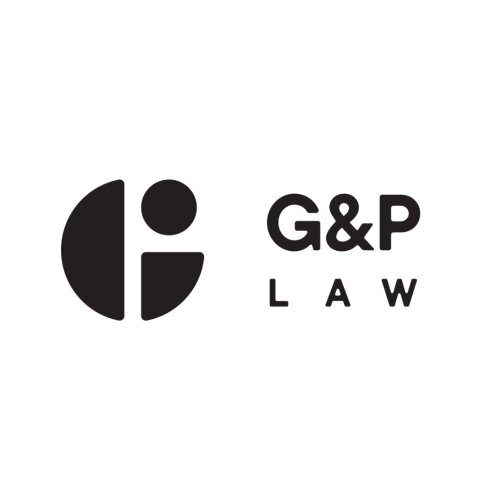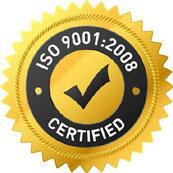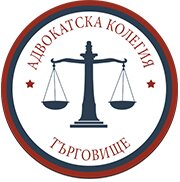Best Communications & Media Law Lawyers in Bulgaria
Share your needs with us, get contacted by law firms.
Free. Takes 2 min.
Or refine your search by selecting a city:
List of the best lawyers in Bulgaria
About Communications & Media Law in Bulgaria
Communications & Media Law in Bulgaria encompasses various regulations and legal standards that govern how information is transmitted and received via television, radio, print, and digital platforms. This area of law addresses issues such as broadcasting rights, censorship, privacy, telecommunications, digital communications, and intellectual property as they pertain to media and communication outlets. The legal framework ensures that communications are conducted fairly, responsibly, and without infringing on personal rights.
Why You May Need a Lawyer
There are several situations where individuals or organizations might require legal assistance in the field of Communications & Media Law in Bulgaria:
- Defamation claims in the media space.
- Issues related to broadcasting licenses or compliance with regulations set by Bulgarian authorities.
- Cases involving intellectual property rights related to media content.
- Disputes about telecommunications contracts or services.
- Ensuring compliance with privacy laws when handling consumers' data.
- Handling mergers and acquisitions in the media sector.
- Litigation related to advertising and marketing practices.
Local Laws Overview
The legal landscape governing communications and media in Bulgaria is primarily shaped by several key regulations and entities:
- The Radio and Television Act, which oversees broadcasting operations and licensing.
- Data privacy laws, including compliance with the EU's General Data Protection Regulation (GDPR).
- Intellectual Property Law, particularly concerning copyrights for creative media content.
- Regulations from the Communications Regulation Commission, which enforces telecommunications standards.
- Penal Code provisions pertinent to defamation and press offenses.
Frequently Asked Questions
What is the main regulatory body for media law in Bulgaria?
The main regulatory body is the Council for Electronic Media (CEM), which oversees radio and television broadcasting.
How do Bulgaria's defamation laws affect journalists and media outlets?
Defamation laws in Bulgaria are part of the Penal Code, protecting individuals' reputations while balancing freedom of expression. Cases of defamatory reporting can lead to legal action.
What role does the Communications Regulation Commission play?
The Communications Regulation Commission (CRC) regulates telecommunications, ensuring compliance with Bulgarian and EU laws regarding communications infrastructure and service providers.
Are there specific requirements for advertising in Bulgaria?
Yes, Bulgarian law places specific restrictions on advertising content, ensuring it is legal, honest, and not misleading, with additional limitations on advertising certain products like tobacco and alcohol.
Is internet content regulated in the same way as traditional media in Bulgaria?
While there are general laws for content dissemination, specific regulations for online media often focus on intellectual property rights and data privacy, aligning with broader EU directives.
How is intellectual property protected for media content?
Media content is protected under Bulgarian Intellectual Property Law, which aligns with international treaties to protect copyrights and related rights.
What are the privacy requirements for telecommunications companies?
Telecommunications companies in Bulgaria must adhere to privacy requirements under the GDPR and local laws, focusing on data security and consumer consent.
How are disputes in the media sector resolved?
Disputes are typically resolved through negotiation, mediation, or litigation. Specialized legal advice is often necessary due to the complex nature of media laws.
Can foreign media operate in Bulgaria without restrictions?
Foreign media can operate in Bulgaria but must comply with national regulations, including acquiring necessary licenses and adhering to content restrictions.
What is required for setting up a media outlet in Bulgaria?
Setting up a media outlet involves registering a legal entity, obtaining necessary licenses from the CEM, and ensuring compliance with local and EU laws on media operations.
Additional Resources
For further assistance, consider consulting the following resources and organizations:
- The Council for Electronic Media (CEM)
- The Communications Regulation Commission (CRC)
- The Ministry of Culture, particularly for copyright issues.
- Legal directories listing specialized media and communications lawyers in Bulgaria.
- EU's official website for access to the GDPR and other relevant directives impacting media law.
Next Steps
If you need legal assistance in the field of Communications & Media Law, consider taking the following steps:
- Identify the specific legal issue or area you need help with.
- Research and contact a lawyer or legal firm specializing in Communications & Media Law in Bulgaria. Many firms offer initial consultations.
- Prepare all necessary documents and information relevant to your case for any legal consultation.
- Consider joining industry associations for networking and additional support.
Lawzana helps you find the best lawyers and law firms in Bulgaria through a curated and pre-screened list of qualified legal professionals. Our platform offers rankings and detailed profiles of attorneys and law firms, allowing you to compare based on practice areas, including Communications & Media Law, experience, and client feedback.
Each profile includes a description of the firm's areas of practice, client reviews, team members and partners, year of establishment, spoken languages, office locations, contact information, social media presence, and any published articles or resources. Most firms on our platform speak English and are experienced in both local and international legal matters.
Get a quote from top-rated law firms in Bulgaria — quickly, securely, and without unnecessary hassle.
Disclaimer:
The information provided on this page is for general informational purposes only and does not constitute legal advice. While we strive to ensure the accuracy and relevance of the content, legal information may change over time, and interpretations of the law can vary. You should always consult with a qualified legal professional for advice specific to your situation.
We disclaim all liability for actions taken or not taken based on the content of this page. If you believe any information is incorrect or outdated, please contact us, and we will review and update it where appropriate.
Browse communications & media law law firms by city in Bulgaria
Refine your search by selecting a city.
















